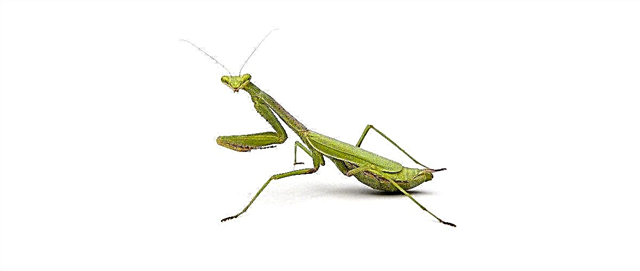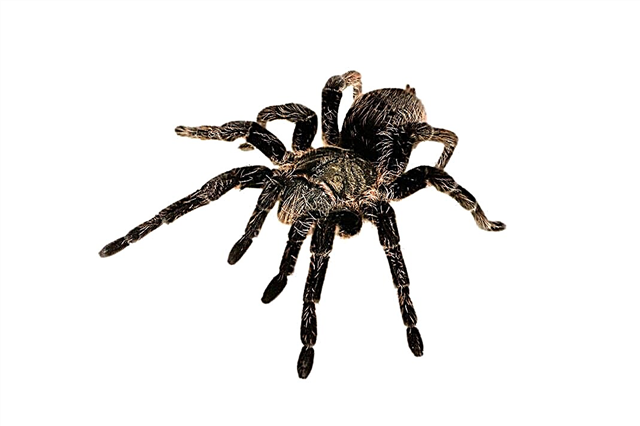
Jokes always cause a smile, a laugh. In some countries they laugh at long, confused humorous stories, in others it is enough to tell a short joke to amuse those present.
Scientists do not stop exploring laughter, trying to understand what state of health it gives a person, what changes it causes in the body, how it appeared. However, one thing is certain for sure - laughter is useful and enjoyable at the same time, and not only for people.
Why is a man laughing?
Scientists have conducted a series of studies on the survey of laughter in the environment. Of the 1,200 recorded episodes, they found that only 10-20% of the laughs were caused by jokes. The remaining 80-90% of laughter was the result of boring and not very witty sayings like: “Goodbye, see you later”, “It was nice to meet you.” Why it happens? According to experts, the whole point is the evolutionary development of laughter. Initially, an ancient man laughed and only after many years began to talk.
A person begins to laugh at the age of 2-3 months. This happens from kisses, the gentle touch of the mother to the baby’s tummy. According to scientists, children laugh up to 400 times a day, and adults - 15 times. However, you can increase the amount of laughter in a natural way. To do this, there are jokes, humorous stories, hearing which people start to laugh. In this case, the joke instantly reaches the consciousness of a person, raises his mood and those around him.
What's so funny about jokes?
Mankind knows many jokes on various topics that affect various areas of life, famous personalities, favorite characters from books, films. Little humorous stories describe cases with unexpected semantic ending of events, contradictions. An unforeseen association, a play on words, an inappropriate or ridiculous incident is possible. All this causes one reaction from the audience - laughter.
How does a joke reach human consciousness?
The speed of response to a joke depends on the relationship between the hemispheres. If violations are observed in the left hemisphere, then a person is constantly in a bad mood, does not perceive humor. Violations of the right hemisphere make people fall into excessive optimism.
Stimulation of certain brain centers leads a person to a good mood. In this case, brain delta waves appear. As a result, the wave (according to the readings of the electroencephalogram) rises to the maximum precisely when the person understands the joke, after which he giggles. At that moment, when the brain produces a sufficient number of delta waves, people become scattered, stop paying attention to events taking place in the world around them. Therefore, do not tell jokes to a lucky taxi driver or colleague while working on serious installations.
Are animals able to laugh?
Scientists have proven that not only people have the ability to laugh. If a person has a reaction in the form of a loud laugh at a heard anecdote, a humorous performance, then it is absent in animals.
Studies have shown that rats, mice can laugh. In fact, they just like being tickled.But man does not notice obvious external signs of laughter in such rodents. During tickling, small animals extract ultrasound, which is recorded in the laboratory.
Watching chimpanzees and gorillas, experts determined that monkeys are able to laugh from time to time, while making loud noises, gesturing with their hands and teasing. And chimpanzees laugh at people who do something funny or unusual.
Interesting fact: The year 1962 was forever remembered by the people of Tanzania. Three schoolgirls from a small village, because of the joke they heard, burst into laughter, which was transmitted to their classmates, then swept the whole school, and later - the rest of the children in the village and nearby villages. So the real epidemic of laughter began, because of which it was necessary to close schools for a while.
Hearing a short joke or a humorous story, a person laughs. Such a reaction is natural, because jokes in themselves are funny, contain many contradictions, unpredictable events, vivid denouements. In small stories with humor, we can talk about famous people, characters, their ridiculous acts, unusual behavior that cause laughter. Rats, mice and monkeys can also laugh, but their laughter has nothing to do with comic stories.












